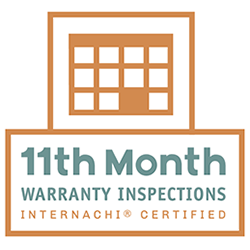You’re not just buying an inspection,
You’re buying peace of mind.
Providing Residential Home Inspections for Jacksonville and surrounding areas.

You’re buying peace of mind.
Providing Residential Home Inspections for Jacksonville and surrounding areas.
BVA Home Inspections provides Residential Home Inspections in: Duval, St Johns, Clay, Putnam, Baker, Flagler, Putnam and surrounding counties
Orange Park, St John, Atlantic Beach, St Augustine, Jacksonville Beach, Fernandina Beach, Neptune Beach, Palm Valley, Fleming Island, Nocatee, Green Cove Springs, Middleburg, Callahan, Ponte Vedra Beach, Yulee, Baldwin
